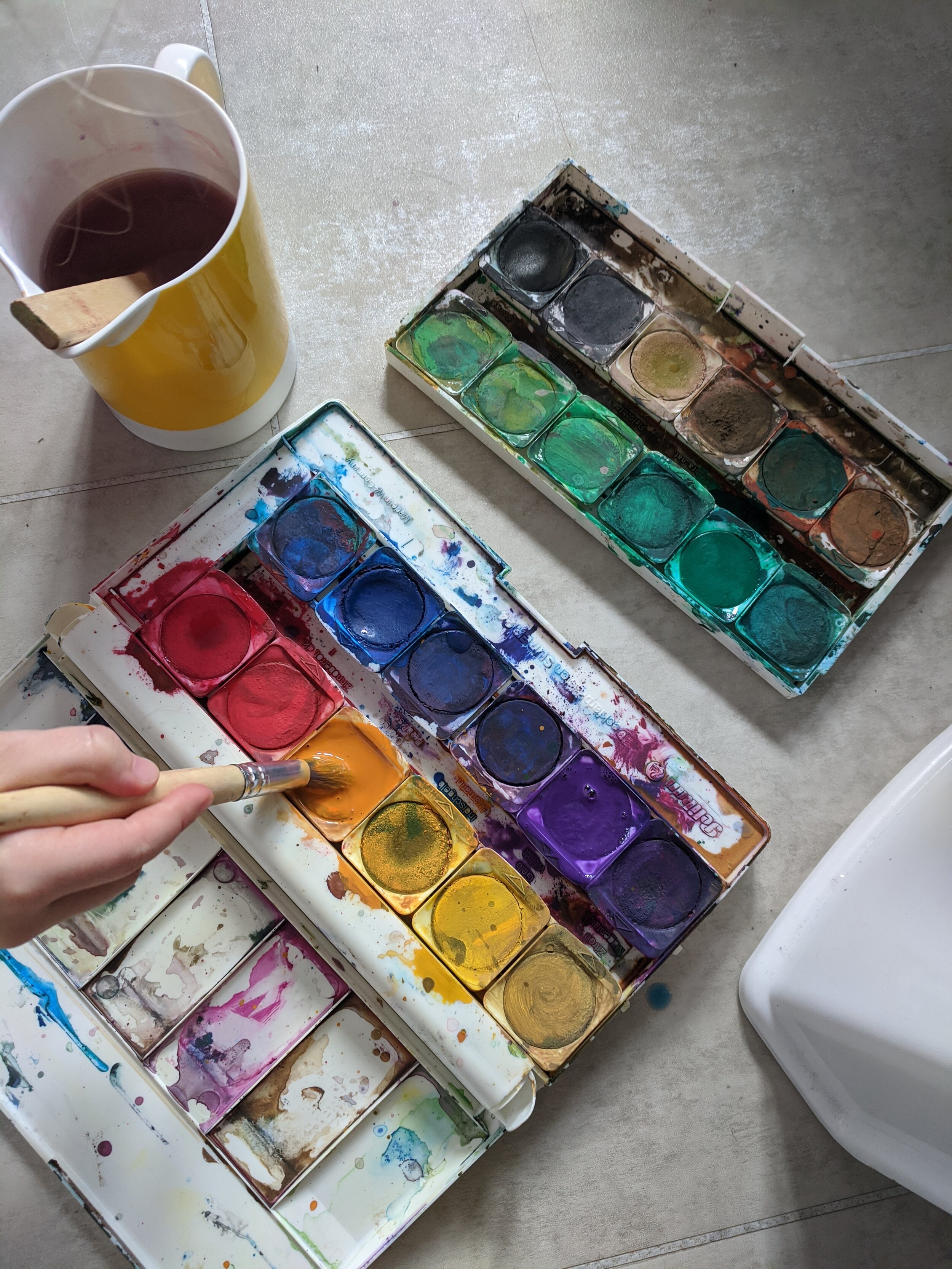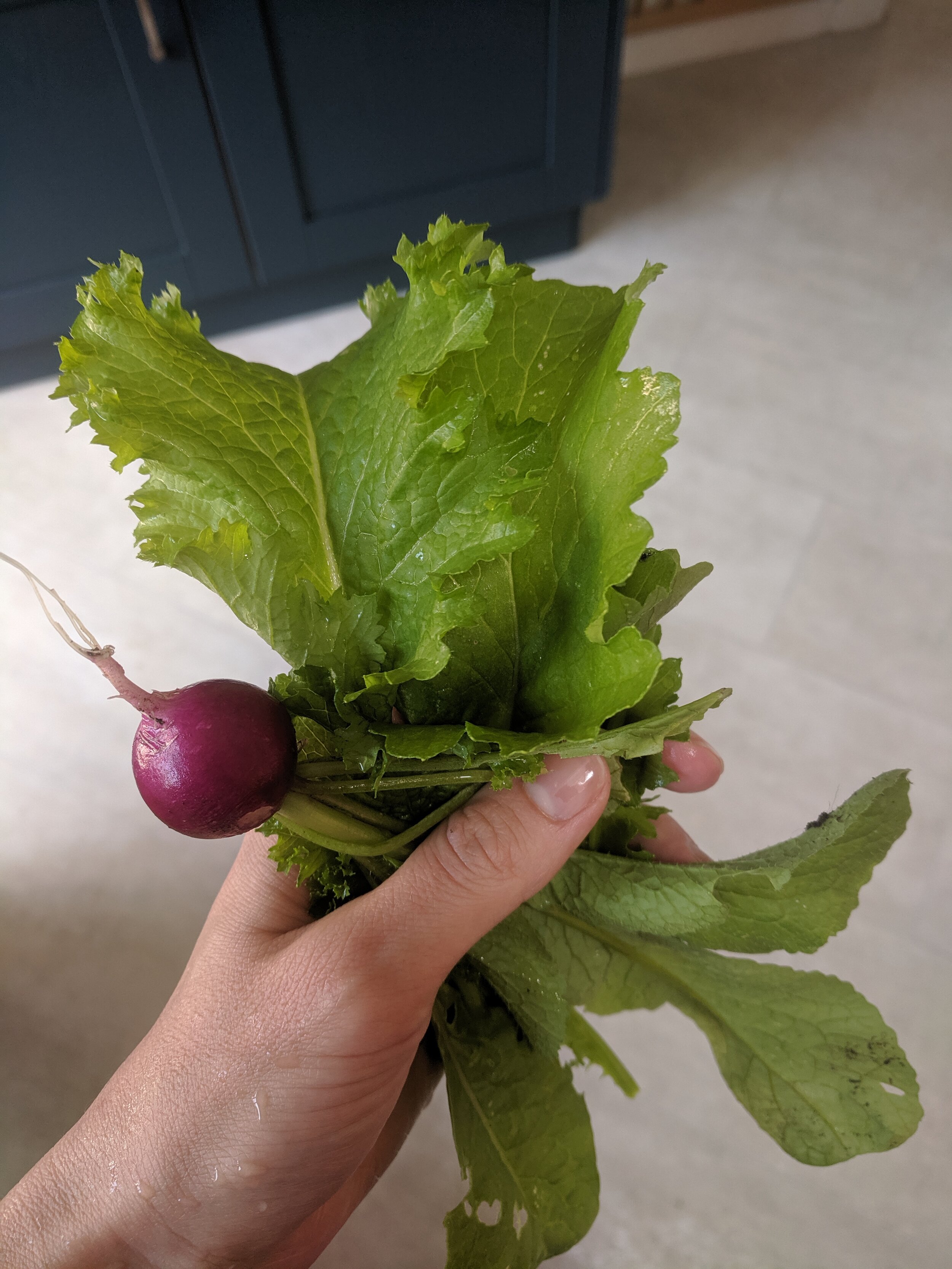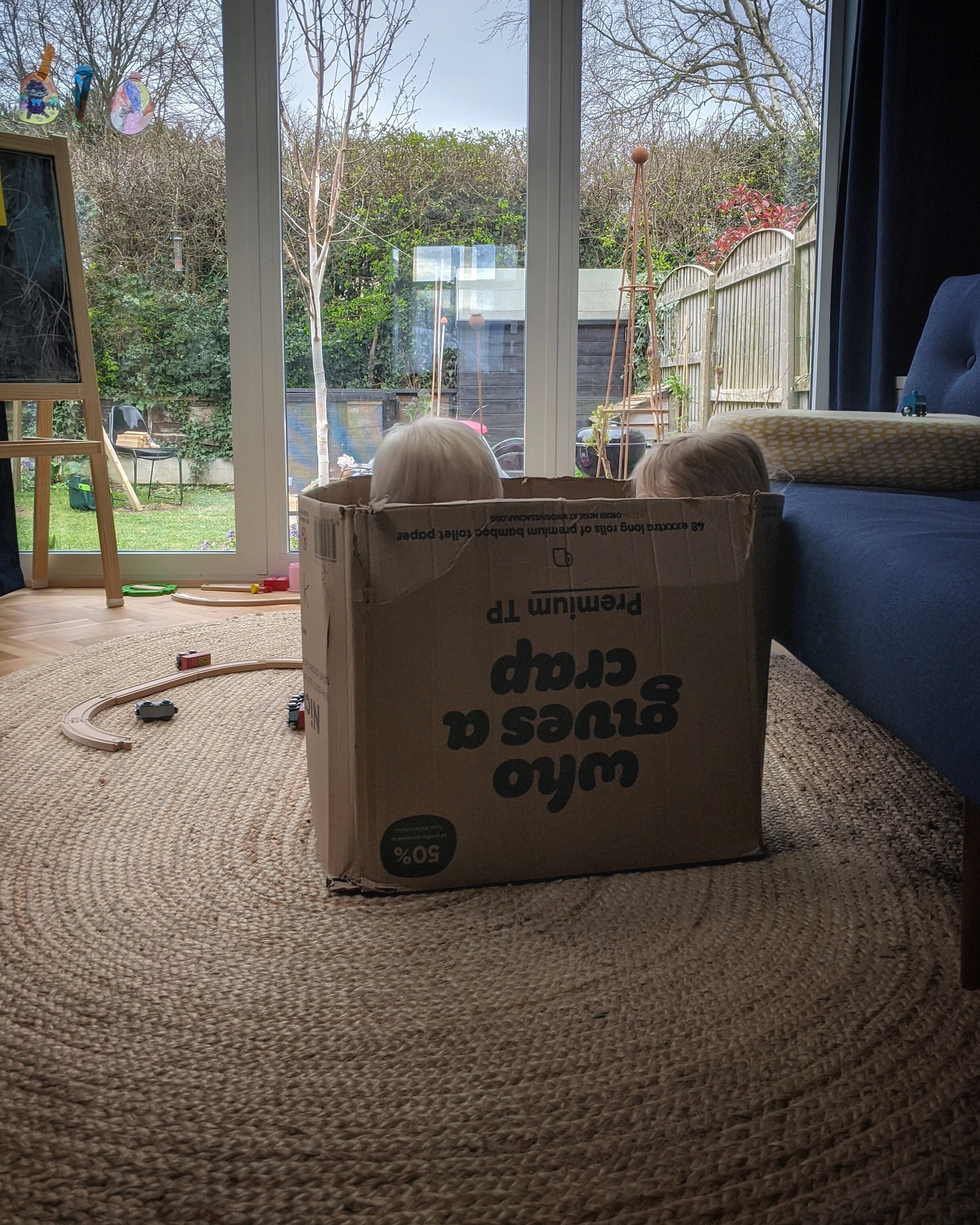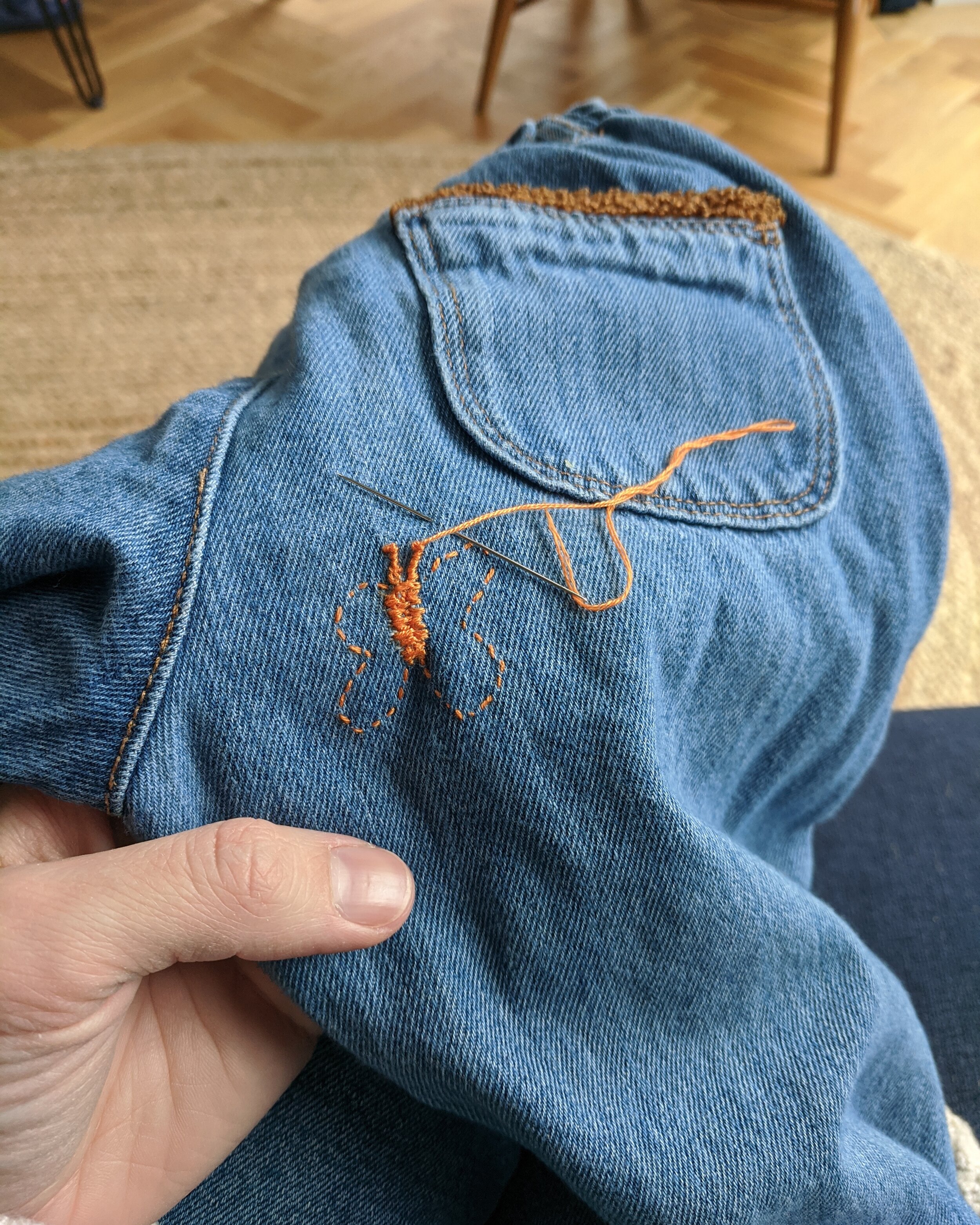Slow living + habits
Like a thief in the night, all the stability we have been conditioned throughout our lives to believe in was robbed and left with uncertainty, fear and despair. The coronavirus pandemic has threatened, cajoled and now inveigled our planet. With that has come an unstoppable bombardment of instructions, updates and rules that are so overwhelmingly loud, the ability to keep calm is slipping through the cracks.
Keeping calm during a pandemic
I’ve teetered on this precipice before and I was almost undone by it. Almost. The healthy habits I leant into in the depths of my hyperemesis gravidarum ordeal are what kept me grounded, rational and above all, patient. I had to ‘wait it out’ as there was no way of telling when the incessant nausea and vomiting would end. A bit like our unanswered question - when will covid-19 end?
10 habits fora slow, simple lifestyle
I’m sharing with you the habits I adopted as part of my lifestyle change almost two years ago. These habits help me remain calm in a way I believe a lot of desperate families are searching for right now amid the lockdown. I’m also posting a daily #coronacalm activity on my Instagram too.
1. Eat Well
There is no substitute for good, wholesome, healthy food. Our bodies are machines and so much of our minor ailments can be cured with the right fuel for our bodies. I believe feelings of panic can easily be heightened when our bodies are flooded with sugar and caffeine. (And yet when we’re tired, sad, depressed, junk food is always the first thing to hand.) But a fulfilling, healthy meal can give you the energy and positivity to feel like you can move mountains. I’m not vegan, and I’ve been known to devour an entire chocolate orange in one day, but eating a healthy, balanced diet (and cooking) is important to me. I eat three meals a day, and have a mid morning and mid afternoon snack, all with my children, so they can learn from my example. Hunger can have a huge impact on our mental health, as well as our behaviour and that of our children, in the same way huge sugar-highs can. Listen to your body. Teach your children to listen to theirs. I’ll be sharing some of my meals over on my Instagram if you’d like to see the sorts of things I’m cooking to help me keep calm during the pandemic.
2. Drink Peppermint tea
I gave up caffeinated drinks almost ten years ago in a bid to calm my migraines. I remember wondering how I would cope without that ‘burst of energy’ a cup of coffee gives you first thing in the morning. I soon discovered that (after a period of adjustment) all it gave me was headaches and heart palpitations. I would urge anyone to cut their caffeine intake, but if that feels overwhelming right now, instead I suggest one cup of peppermint tea every day. Peppermint has been proven to curb cravings, improve and calm our stomachs and lower testosterone. I believe my daily peppermint tea has improved the strong regrowth of my postpartum alopecia and keeps my skin clear of acne. It’s also become a ritual where I can tune out of the noise of the day, even if it’s only for five minutes. I also don’t drink alcohol, so I use peppermint tea as my drink for relaxation in a lot of way people turn to the bottle.
3. Stretch
I’m the first person to hold my hands up and say I do very little 'exercise’. At the end of a long, hands-on day with my four year old and one year old, my body is weary. Walking the dog is the extent of my exercise really. However, I do stretch. Stretching holds such power to release tension from our bodies, especially physical tensions manifested from mental stress. Even if all you do is a few simple stretches every day, those ones that you can recall from those (awful) PE days at school, you’ll soon marvel at the positive impact it will have on your physical and mental health.
4. Declutter
If you’ve read my blog for a while, you’ll know I practice minimalism in pretty much all aspects of my life. Being forced to stay at home may be the first opportunity you’ve have to really look at all the possessions that surround you. Everything you can see is requiring energy from you - physical, mental or both. And I don’t know about you, but lockdown is demanding. The pandemic is dredging every ounce of strength to move forwards and I couldn’t possibly waste that strength on clutter. My advice is very simple - start small. Start with something easy (clothes beyond repair, objects that hold negative memories, food that’s expired). Take those things and put them in the boot of your car. Let go of them when you can and it’s safe to do so. Make your home joyful to be in, one small step at a time. (I will be sharing my path and advice on decluttering in my next blog post.)
5. Garden
Without a doubt gardening gives me that sense of normality and provides proof that patience pays dividends. In a world where we can have anything at any time, gardening is the complete antithesis. I can see why it’s a love/hate ‘hobby’. However, gardening connects me with the world I’m raising my children in unlike any other activity. More importantly, it teaches my children the art of delayed gratification - an ability I hope will provide them the confidence to stand against the consumerist tide their peers may relish when my two are young adults. Sow some cress in an empty eggshell (children always seem to love this.) Grow potatoes in a bin bag. Plant flowers that bring you joy or have a strong meaning that make you feel something, like flowers from your wedding day bouquet, or a namesake of your family. A houseplant on your bedside table will do. Who wouldn’t feel calm opening their eyes first thing to lush, green foliage rather than their flashing mobile phone?
6. Mend things
Second to gardening is the gratification of mending something. I love to sew, but for my husband the (puzzle to me) of electronics provides the challenge of mending that can consume your mind leaving no space for intrusive thoughts. Mending can be a therapy. We’re so used to just throwing something away and replacing it at the click of the button, we’ve forgotten that our resourcefulness is what makes us unique. Now more than ever we need to get back in touch with our ability to be resourceful. Go fix that creaking chair (there are more YouTube videos on repairing and upcycling than one person can watch in their lifetime). Darn that hole in your slippers (check out the #visiblemending, it will blow your mind.) Sharpen a knife, tighten a door handle, wax a drawer runner, replace a fuse in a plug. Then tell your friends. Share it on social media. Inspire others. (Tag me so I can see too.)
7. Deep talk
Being vulnerable is hard. It tests relationships. It can be ugly and hurtful and raw. It can also be transformative. Talking to your husband, your wife, your parents, siblings, your best friend or even your neighbour teaches us as much about our strength than the words we say aloud. Right now, when you may not be able to be with the ones you love the most, ‘deep talk’ is more valuable than ever. This is the stuff from your soul. Not the ‘hihowareyougoodthanksandyou’ chat. This is the ‘I’m not happy with this in my life and I think I want to change it’ or the ‘I fear more than anything that this will happen and it makes me…’ The words you can hardly bear to think let alone say out loud. Deep talk deepens connections that, even when separated by walls and rules and viruses, will endure.
8. Create
Everyone has the ability to be creative. We may be very different in how we choose to create but creating something for nothing more than the pure enjoyment of creating can draw a veil of calmness over even the most anxious minds. I’m not talking about creating for monetary values, but for pride, for love and learning. Write a story. Write a blog. Sketch, dance, sing, build, shape, design. Make music. Make something. Create with one goal - to create for yourself and no one else.
9. Selective media consumption
If you look at my social media, you’ll notice I don’t follow huge numbers of people online. I don’t have news apps on my phone. I don’t buy magazines or have marketing mailings through my door or in my inbox. I closed my Facebook account for four years, reopened it a few months ago and this week, deleted the app from my phone. I think we forget we can be selective since so much of the media we consume is now automated. You can turn off those notifications. You can choose when to consume all this media. Mindless scrolling can become mindful again when you can distinguish between what serves you value and what you’re following purely because of the fear of missing out. I can promise you, from my experience, the answer is nothing that will irrevocably change your life.
10. Be still
Allowing ourselves to be still, unconnected and undistracted is a lost art. When everything feels overwhelming, when my eyes prickle with held-back tears and I can’t speak for fear of releasing a flood I can not control, I know I need to be still. If the children are safe, entertained or with my husband, I’ll walk to the end of the garden, in rain, snow or, right now, the beautiful low light that Spring provides, and do nothing. I don’t take my phone, the monitor, the children. I stare at the grass, the flowers, the apple blossom. Now they’re here, I’ll watch my hens. I can feel more alive being still than when I’m in the throes of never-ending movement that parenting demands. Soothe your body with stillness. Calm your mind. Be still. You deserve it.
Livelihoods are in question, morals flexed and faith, both religious and in human nature, is being tested. Hope is always there in abundance. We just need some quiet to hear its call.
Laura
x













From garden to vase, what does it take to create an environmentally conscious cut flower yard? And how do you turn a gardening hobby into a profitable business? Lessons on life, gardening and motherhood from writer and owner of the micro flower farm Offset Floral, Laura Tweedale